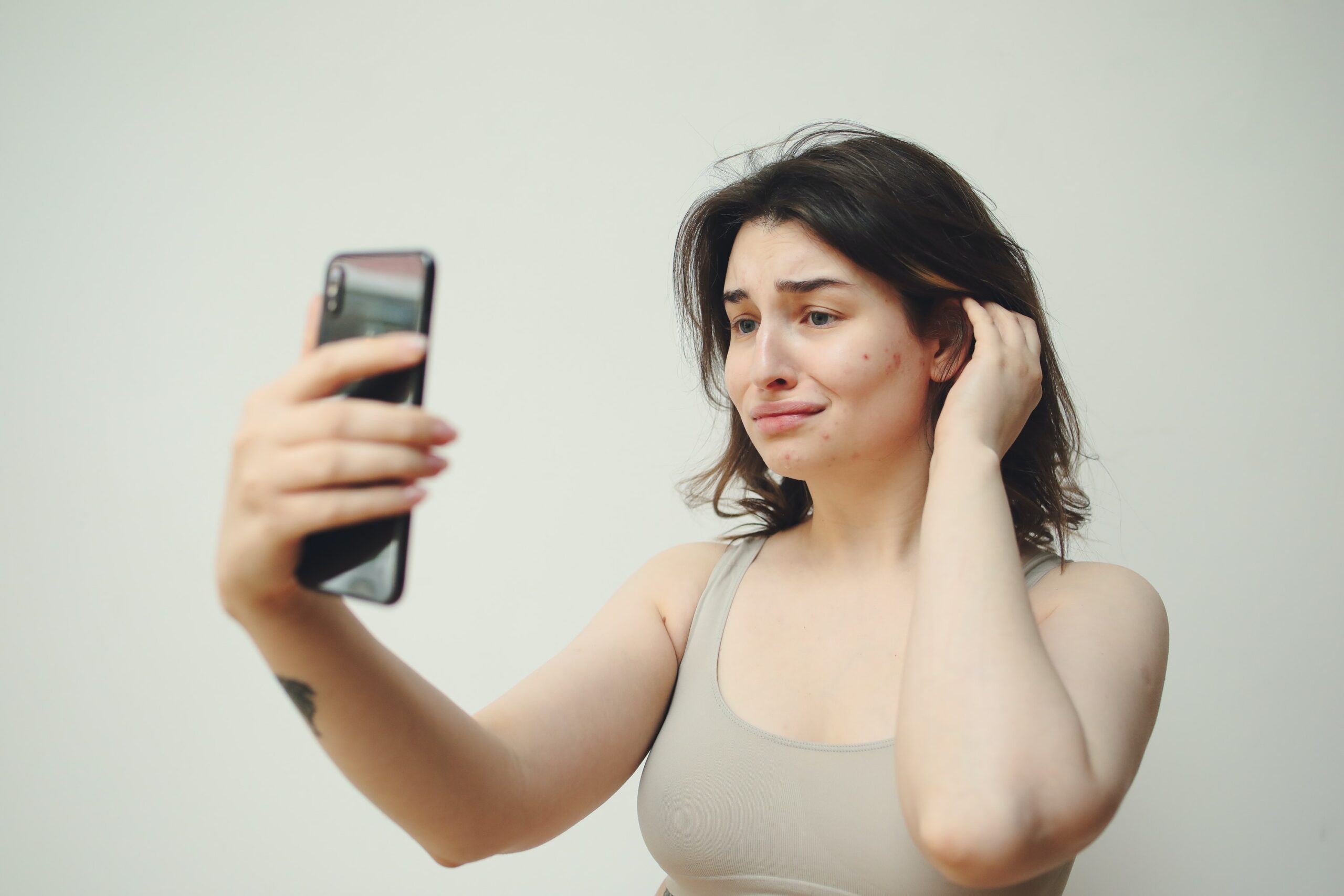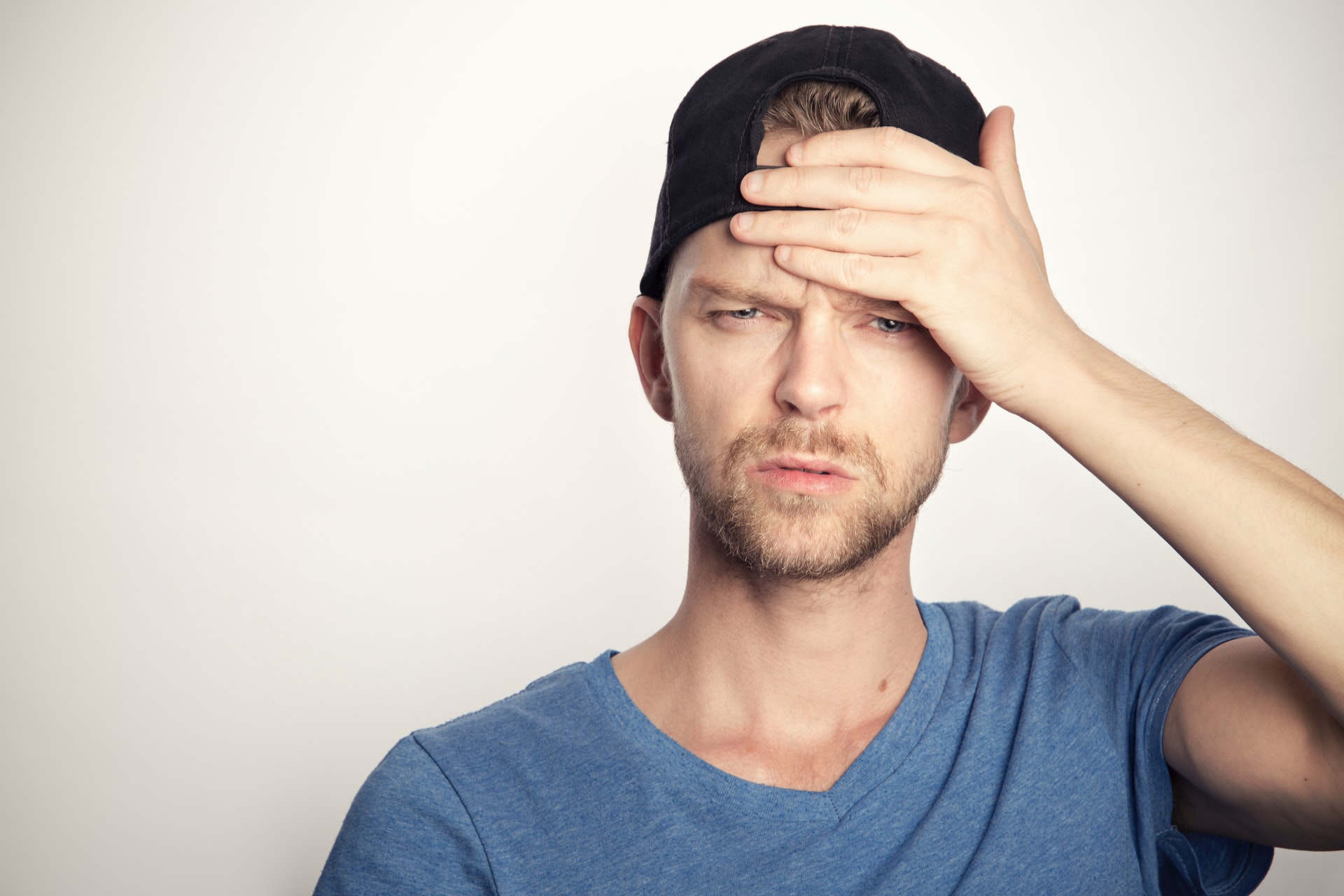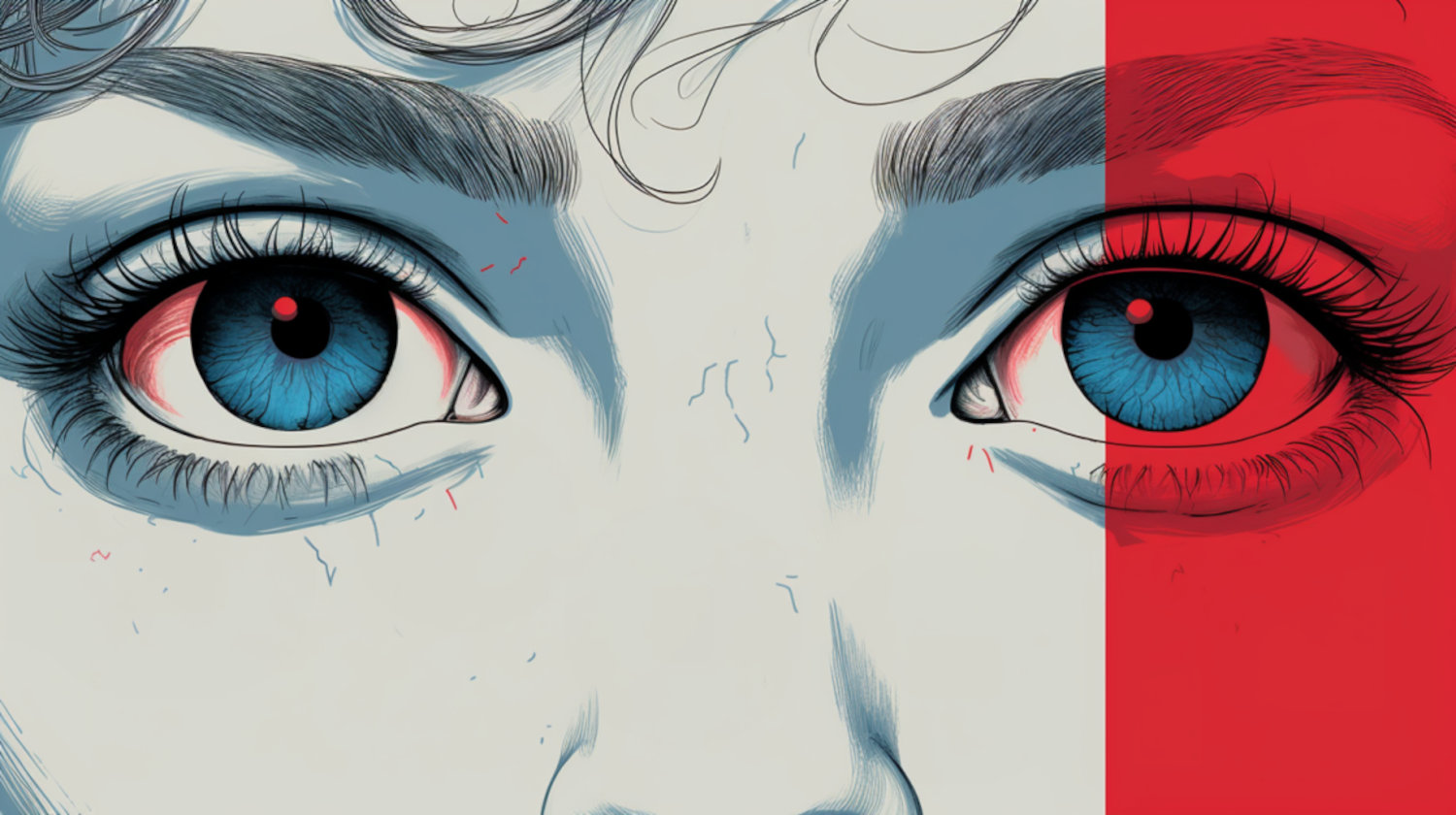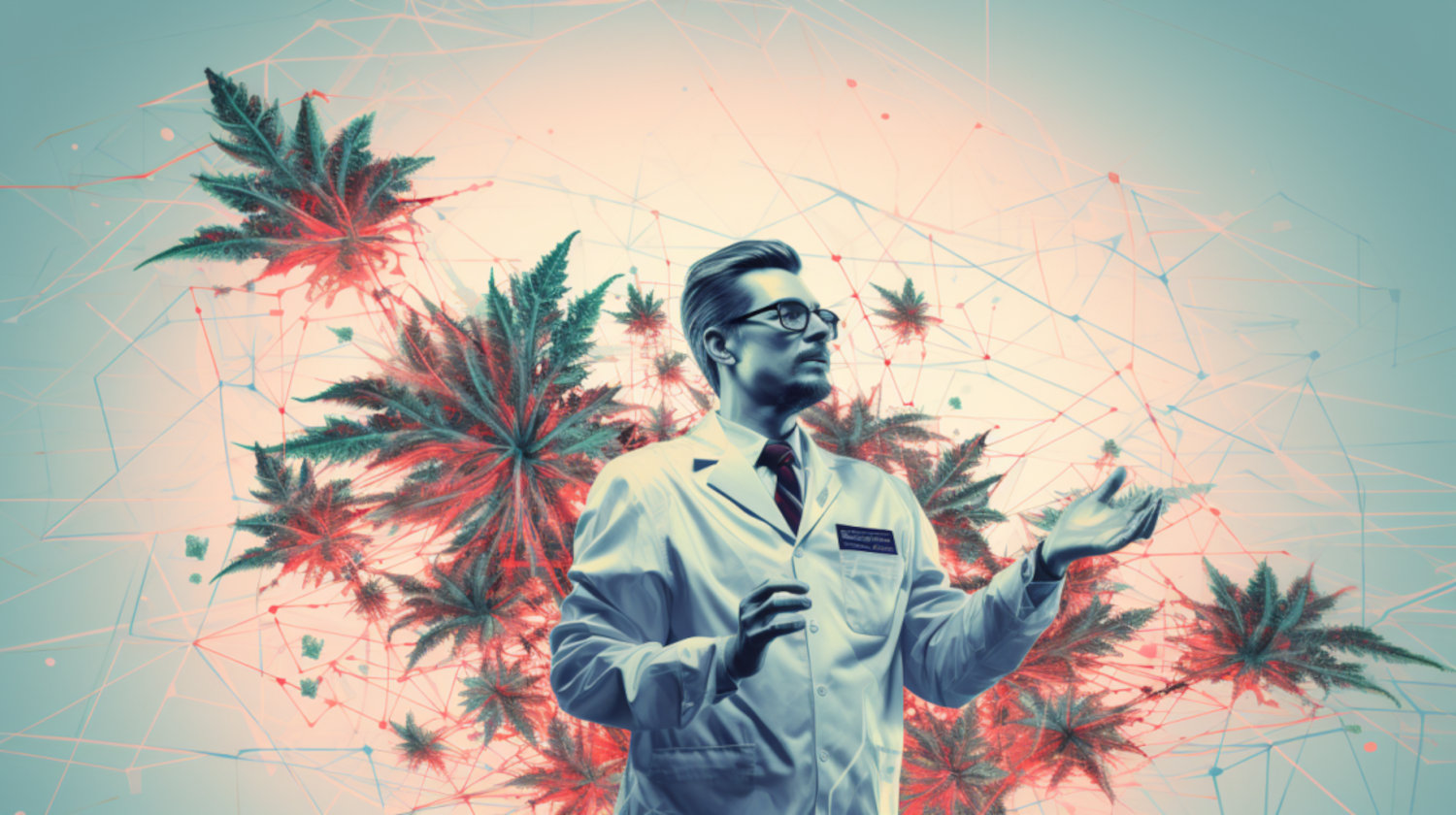Cannabis consumption has a range of reported side effects, largely positive and some adverse – including red eyes and weed hangovers. One possible negative effect could be cannabis' impact on acne.
But does smoking weed really cause acne? Does cannabis make acne worse? Or is it all misinformation?
Read on where we'll explore the possible connection between cannabis and acne and what we know so far.
What is Acne?
Much like cannabis, most of you reading have experience with acne. Unlike weed, however, you're probably not too keen on having acne. To understand if cannabis affects acne, let’s take just a moment to look at what acne is and how it works.
Acne is a common skin condition that causes pimples on our bodies – mostly on our face, forehead and upper body. Primarily affecting teens, various internal and environmental factors can affect your acne, including:
- Hormone levels
- Stress
- Genetics
- Humidity
- Lack of proper grooming
- Medication
- Sweating or oily clothing and headgear
Several types of acne exist:
- Blackheads: Follicles clogged with oil and dead skin create a light reflection resembling a "blackhead" of dirt at the surface.
- Whiteheads: White colored bumps closed by oil and dead skin.
- Papules: Inflamed tiny red or pink bumps.
- Pustules: Pimples containing pus that resemble whiteheads. Surrounded by red rings and can cause scarring if picked or scratched.
- Fungal acne: Itchy, inflamed bumps caused by excessive yeast in hair follicles.
- Nodules: Large, solid, painful pimples deep in the skin.
- Cysts: Possibly scar-causing pus-filled pimples
Does Smoking Weed Cause Acne?
In short, no. No evidence currently suggests that smoking weed affects the development or severity of acne.
But if that’s the case, then why do so many people claim that weed either contributes to or helps heal acne?
Starting with the negative, certain studies have suggested that cannabis could exacerbate existing acne conditions. Typically, claims that cannabis makes acne worse tend to focus on a few standard side effects of marijuana consumption.
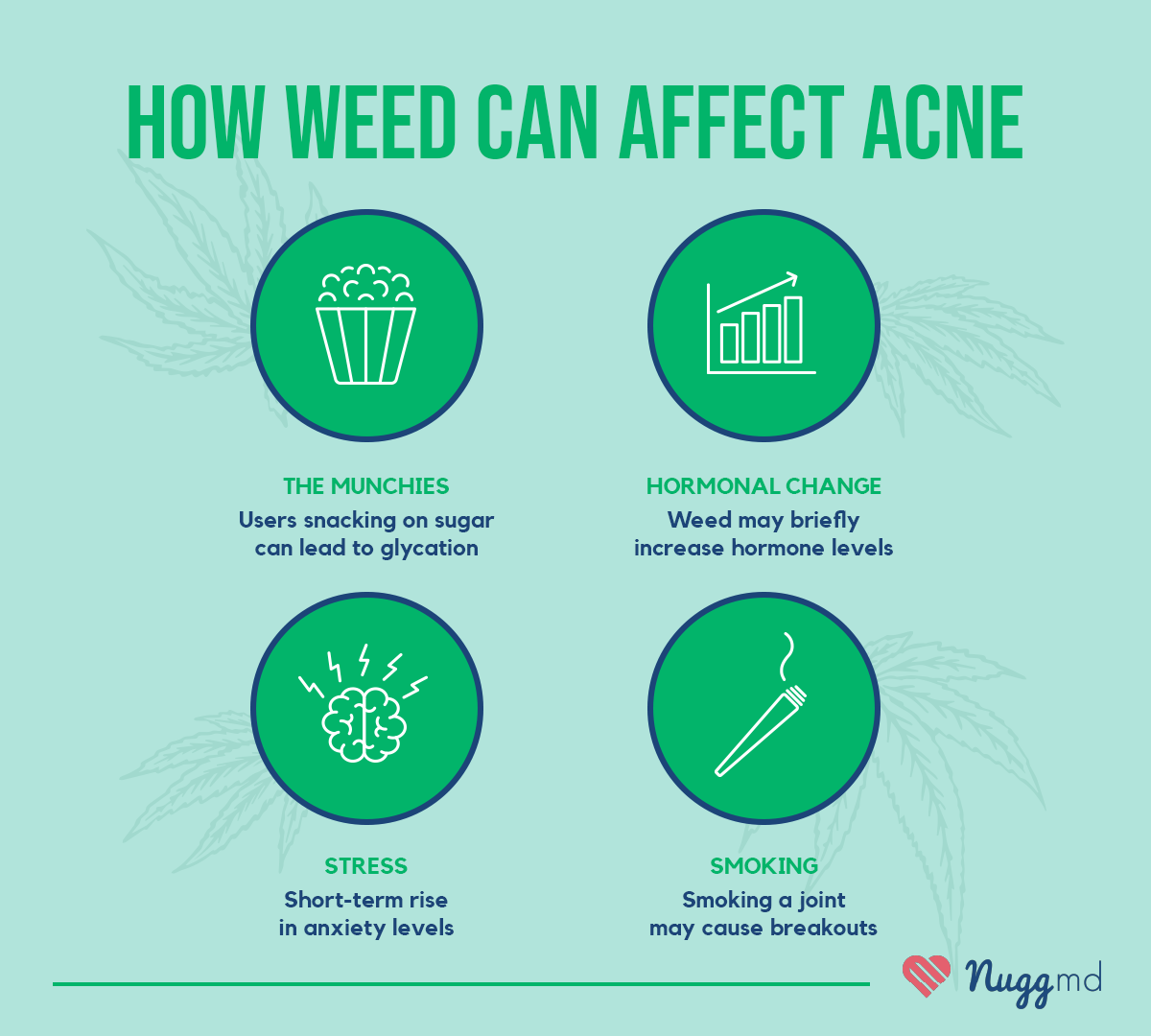
- Increased appetite: Known as "the munchies," if you're snacking on sugar, your insulin levels could rise, possibly leading to inflammation and an acne-worsening process called glycation. Similarly, eating oily or buttery foods like popcorn can leave residue on the hands that may clog pores if you touch your face after eating.
- Slight hormonal changes: Increasing hormones make puberty the worst time for most people's acne. One cannabis study notes that consuming marijuana can briefly increase hormonal levels, which could also increase acne levels. However, the study notes the rise was slight and calls for additional analysis. Offering a counter claim, another study found that cannabis use can decrease testosterone levels for a minimum of 24 hours.
- Anxiety and stress: A short-term increase in stress or anxiety is one of the most common adverse side effects cannabis consumers report. Some point to studies suggesting connections between stress and acne production and how cannabis can increase acne.
- Smoking: Does the actual act of smoking cause acne? Some researchers point to smoking's effect on aging and higher risk of inflammation diseases as possible reasons to pass on smoking no matter the results.
Additional Ways Using Weed May Affect Acne
Cannabis is known for causing behavioral changes in consumers that, in theory, could contribute to the development of acne.
- Dietary changes: Increased appetite after smoking cannabis can lead to unhealthy snacking habits or overeating. If you increase your sugar, salts or grease, you could be worsening your skin and increasing your chances for acne.
- Reduced motivation: Some cannabis strains can decrease our desire to get up and go. Under a particularly strong bout of couch-lock, we may skip some self-care practices, like proper skin maintenance, increasing the odds of new or worsening acne.
- Memory and time perception problems: Cannabis may impact short-term memory and time perception. Like decreased motivation, memory lapses can lead to skipping out on self-care routines that support healthy skin.
- Difficulty with problem-solving: This may be a stretch, but anyone with a tendency to pick at their skin may feel a greater urge after consuming cannabis to "fix" their acne issues by picking and popping. It may seem like a wise idea at the moment but can lead to skin irritation.
Can Cannabis Help Treat Eczema?
Asking if weed causes or helps with acne is just the tip of the skin care iceberg.
Numerous skin conditions are believed to benefit from cannabis and specific cannabinoids, from dry skin to psoriasis and lupus. And an increasing number of lotions and balms have incorporated cannabidiol (CBD) and other cannabis compounds.
One of the more commonly discussed skin conditions is eczema, a condition that causes substantial inflammation and itching.
Lab analysis has suggested that some aspects of skin biology are managed or controlled by the body's endocannabinoid system (ECS), and select research has concluded that various skin conditions, including eczema, have seen promising results using CBD.
While early results and consumer anecdotes are promising, we continue to suffer from a shortage of clinical analysis. And as of this writing, there isn’t enough evidence to say definitively that cannabis can help treat eczema (or most other skin conditions).
A Note on Cannabinoid Eczema Creams
The lack of clinical confirmations has not stopped brands or consumers from trying cannabis-based topicals. Cannabinoid eczema creams are one of the more popular options, with up to 15 million Americans suffering from the condition and searching for solutions.
With a topical cream or lotion, consumers receive a cannabinoid-infused skin treatment that doesn't penetrate the bloodstream. In these cases, consumers may be able to feel skin-level relief in moments without ingesting any cannabinoids or experiencing any potentially unwanted effects from cannabis.
The following cannabis-infused topicals have reportedly helped numerous NuggMD patients with eczema or other skin conditions. But for most consumers, it’s wise to consult with a doctor before trying a new skin-care regimen.
- CBDistillery's 300mg Broad Spectrum CBD Warming Cream
- Chronic Health (Green Halo) High CBD Ointment
- Level Select's Level 3: 1200mg Sports Cream
- Medterra's CBD Pain Relief Cream
- Naternal's Rescue CBD Muscle Cream 1000mg
- Nature's Best CBD
- Papa & Barkley 3:1 CBD Rich Balm (Topical)
When considering a topical, be sure to factor in:
- CBD:THC ratio
- Your medical condition
- Other ingredients included in the topical
And be sure to consider scientific research. Several studies have concluded that specific cannabinoids may have promise in helping treat eczema and other conditions, but remember that the science is still out. And even promising cannabinoids and terpenes are generally tested in higher quantities than can be found in commercially available products.
Conclusion
Unfortunately, we can't say definitively what impact cannabis has on acne. Depending on the study, it can be claimed that cannabis hinders or amplifies acne production and its related side effects.
If you tend to feel anxious or eat unhealthy foods when high, then cannabis may increase your odds of developing acne. On the other hand, cannabis may help with acne by reducing inflammation and redness or alleviating stress in some consumers.
The perhaps unsatisfying truth is that cannabis affects everyone differently. So before forming an opinion on whether weed can help your acne, consider your personal experience with cannabis, review the scant clinical results currently available, and consult with your doctor.
The information in this article and any included images or charts are for educational purposes only. This information is neither a substitute for, nor does it replace, professional legal advice or medical advice, diagnosis, or treatment. If you have any concerns or questions about laws, regulations, or your health, you should always consult with an attorney, physician or other licensed professional.

